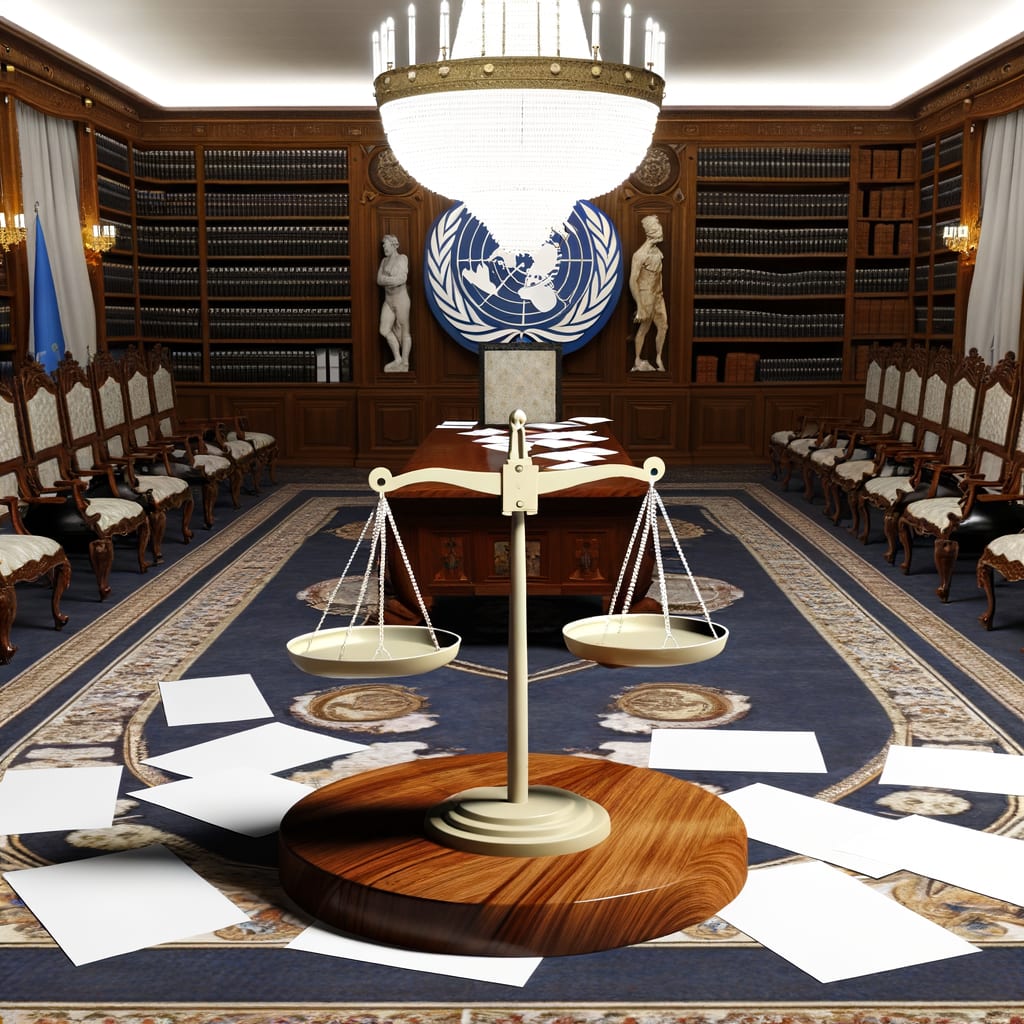US Sanctions Three Palestinian Organizations Amid Controversy Over Genocide Accusations Against Israel
The United States has imposed sanctions on three prominent Palestinian human rights groups for their role in attempts to get the International Criminal Court (ICC) to investigate Israel for alleged war crimes in Gaza. The Palestinian Centre for Human Rights (PCHR), Al-Haq, and Al-Mezan Centre for Human Rights have been added to the Department of the Treasury’s “Specially Designated Nationals and Blocked Persons List” on Thursday. This move comes amid a complex and ongoing dialogue surrounding Israel's actions in Gaza, with some entities labeling them as acts of genocide.
Background and Context
The three sanctioned organizations have been actively working with the ICC to investigate, arrest, detain, or prosecute Israeli nationals, without Israel’s consent. All three organizations are based in Palestine with Al-Haq operating in the occupied West Bank, Al-Mezan in Gaza City, and the PCHR in the Gaza Strip.
This move by the US government has been welcomed by Israel's UN ambassador, who stated that the Palestinian organizations were working against not only Israel but also the United States and the entire West. However, critics argue that the sanctions are an attempt to silence those who stand up against Israeli crimes.
Key Developments and Details
The sanctions have drawn both international criticism and support. The United Nations' human rights chief, Volker Turk, has warned that the US sanctions over ICC cooperation could have a 'chilling effect' on civil society globally. However, these organizations have vowed to continue their work, with Raji Sourani, the leader of the Palestinian Centre for Human Rights, stating they would continue with business as usual.
At the heart of the controversy is the question of whether Israel's actions in Gaza constitute genocide. The International Association of Genocide Scholars (IAGS), the world's leading association of genocide scholars, recently passed a resolution stating that Israel has met the legal criteria for such a crime during its ongoing onslaught in Gaza. This move has been met with significant backlash, with more than 170 professionals demanding the IAGS rescind its accusation, accusing the group of playing politics in a 'form of moral violence'.
Implications and Reactions
The situation has also sparked debate in the media industry. The Israeli communications minister threatened to cut public broadcaster’s funding over a documentary about the 1948 war, claiming that it promotes a 'false and antisemitic narrative' about Israel's founding. Meanwhile, the Council on American-Islamic Relations (CAIR) demanded that Google cancel a $45m advertising deal with the Israeli government, accusing it of attempting to cover up the alleged genocide in Gaza.
Conclusion
The controversy over Israel's actions in Gaza and the US's recent sanctions against Palestinian organizations adds another layer of complexity to the ongoing Israeli-Palestinian conflict. As accusations and counter-accusations fly, it remains to be seen how the situation will evolve and what impact it will have on the larger geopolitical landscape.

